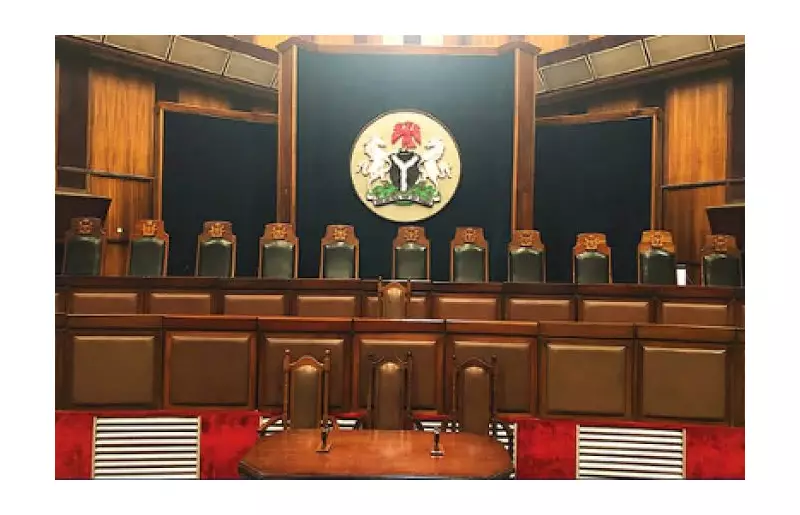
In a significant ruling that reinforces citizens' right to information, the Federal High Court in Abuja has imposed a hefty fine on the Abuja Electricity Distribution Company (AEDC) for its refusal to provide crucial documents to a legal practitioner.
The court ordered AEDC to pay ₦500,000 in damages for violating the provisions of the Freedom of Information (FOI) Act, 2011. The judgment came in response to a lawsuit filed by legal practitioner Uche Nwokedi, who had sought specific information from the power distribution company.
Legal Battle for Transparency
According to court documents, Nwokedi had formally requested information from AEDC regarding certain operational matters. When the company failed to respond to his request within the timeframe stipulated by law, the lawyer was left with no choice but to seek judicial intervention.
Justice James Omotosho, in his landmark judgment, not only awarded damages against AEDC but also mandated the electricity distributor to immediately provide the requested information to the lawyer without further delay.
Broader Implications for Corporate Accountability
This ruling sends a strong message to both public and private institutions about the importance of transparency and compliance with Nigeria's freedom of information laws. The court's decision reinforces that entities holding public information cannot arbitrarily deny citizens access to such data.
The case sets an important precedent for how corporate bodies should handle information requests from Nigerian citizens, particularly legal professionals conducting legitimate inquiries.
Legal Costs and Compliance Order
In addition to the ₦500,000 fine, the court directed AEDC to cover the legal expenses incurred by Nwokedi throughout the litigation process. The comprehensive judgment emphasizes that obstruction of information access comes with significant financial consequences.
Legal experts suggest this ruling could empower more Nigerians to exercise their right to information, knowing that the judiciary is prepared to enforce compliance with the FOI Act.





